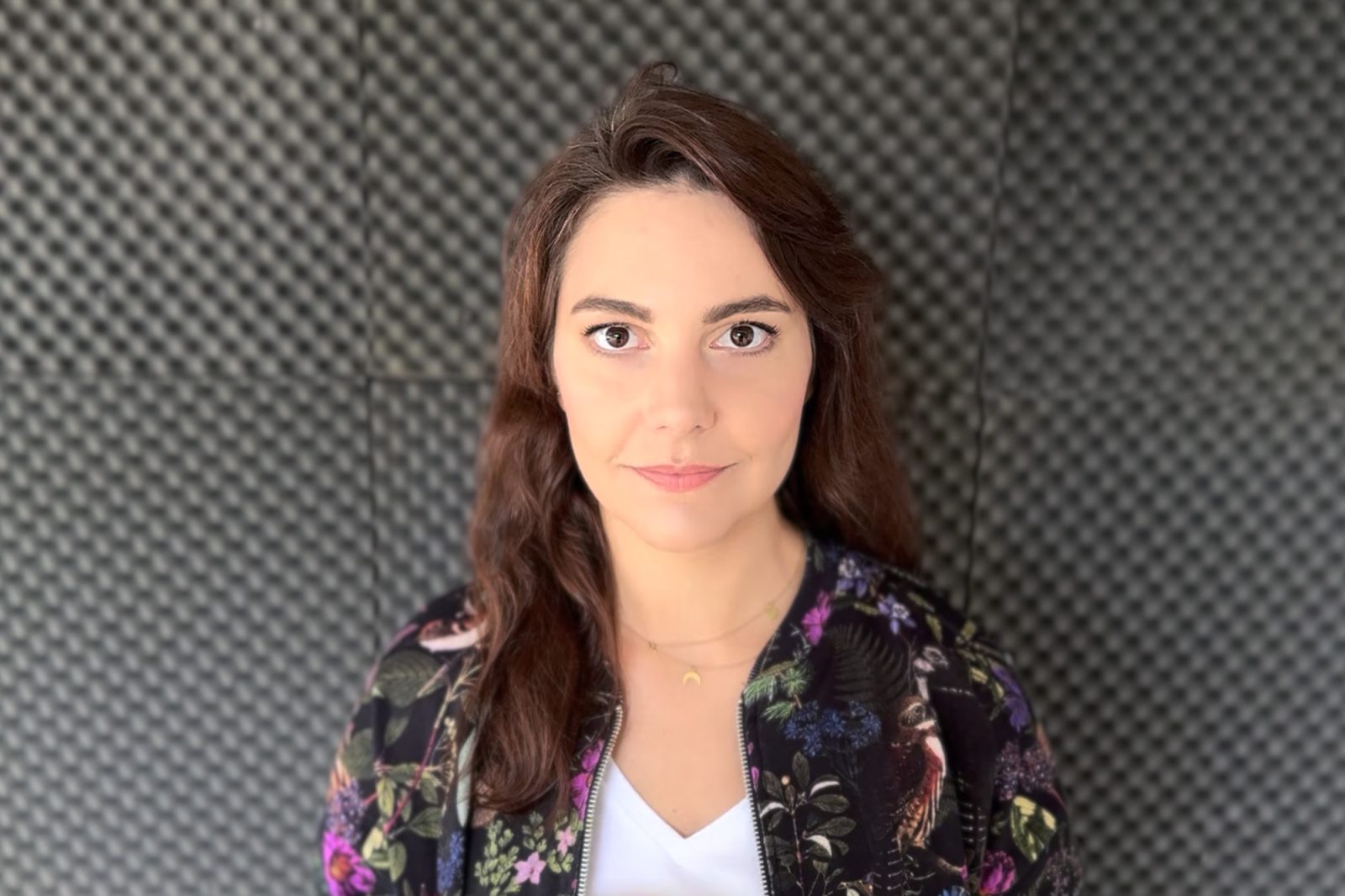
When passion translates into success
An interview with dr Ewa Górska from the Faculty of Law, Administration and Economics of the University of Wrocław nominated for the ”Polityka” award
Since 2001, the ”Polityka” Weekly Foundation offers a scholarship program “Stay with Us!” addressed to young researchers – since 2011 under the name of Science Awards. In the pages of “Polityka,” the project promotes a valuable career model and achievements of the young researchers in Poland. You are among the 15 finalists, from whom five laureates will be chosen this Sunday, October 20. Why did you decide to take part in the contest?
Dr Ewa Górska: ‘The first time I found out about the “Polityka” awards was when I was finishing high school. Back then, they were called “Polityka’s Passport Awards” and their goal was to support young researchers so that they stayed in Poland and here developed their research activity. Interviews with the laureates of the then “Passport Awards” were very inspiring for me.
The prizes awarded by the “Polityka” Weekly influenced my choice of the academic career. For years I have been observing who received the awards, and I suppose it has always been my private little dream to become a part of this group. Now, after a few years into my academic career, I have decided to close a certain stage in life by taking part in the contest.’
Did this nomination take you by surprise?
‘I deal with subject matters which are relatively niche in Poland: the current Muslim law, the Palestinian question, prejudices against the Muslims and people of Arab origins present in the law. Besides, my most important book publications were published in Polish because I wanted to create more reliable scholarly resources and to build knowledge in our country. But, that negatively impacts parameters like citation count or Impact Factor – simply put, in our country there are fewer people interested in this subject matter. For this reason, even though I really hoped that I would be a finalist of the “Polityka” Science Awards, I suppose I didn’t expect it.’
Do you see yourself as a role model for other young researchers?
‘It was never my goal to become a role model for others, even though I would certainly be happy if I could inspire young people, considering or beginning their academic career, to pursue research that interests and appeals to them. This commendation is important for me precisely because it shows that working on subject matters we believe in and are passionate about can translate into success.’
What kind of subject matter are you exploring?
‘I specialize in the sociology of law and in the empirical research on law. But the subject matter of my research is connected with Islam and the Arab world. Among others, I explored customary Arab law, critical legal geography on the example of Palestine, bioethical issues in the current Muslim law, and orientalism and stereotypes in the Polish law, especially in case law. At the University of Wrocław I will be managing the Sonata grant, which I will use to study how Islam is presented in the case law of the Court of Justice of the European Union, but also to examine how religiousness and secularism are understood in the European law.’
Why the interest in the Middle East?
‘The interest in the West Asia appeared already in high school as well, at the time I was on a trip in Jerusalem and that was where my interest in the region began, at first mostly in the Arabic art and literature. I realized that I wanted to explore this subject matter, hence the cultural studies with the Middle East specialization. A year later I decided to study law, knowing already that I would like to research the Islamic law.’
You wrote a book entitled Współczesna dynamika prawa islamskiego dotycząca problemów bioetycznych (Eng. Contemporary Dynamics of Islamic Law Regarding Bioethical Problems). Could you, in a few sentences, describe the main themes present in your publication?
‘That book was my doctoral dissertation and a result of the project funded under the “Diamond Grant” program. Its starting point were the discussions ongoing at the time in Poland about the in vitro procedure. I wanted to see how controversial health and medical issues, such as abortion, in vitro procedure, transplantation or euthanasia, are settled in the Muslim law. I conducted my research in Egypt, Liban, and Palestine, and my main conclusion was that Islam is very flexible in regard to those types of issues. On the one hand, there are different factions of Islam and various schools of law that have, not always the same, but generally positive approaches to the available medical solutions. On the other hand, it is very common for beliefs stemming from local culture to be a decisive factor in the medical practice. For example, in Egypt, the secular law, the state law, and the authorities of the Muslim law acknowledge an organ transplantation from the deceased donors as a valuable, life-saving procedure, however, different beliefs function in the so-called Folk Islam in regard to responsibilities and obligations towards the body.
We wish you the best of luck!
Interviewer: Katarzyna Górowicz-Maćkiewicz
Translated by Weronika Bogucka (student of English Studies at the University of Wrocław) as part of the translation practice.



